Search
Search Results
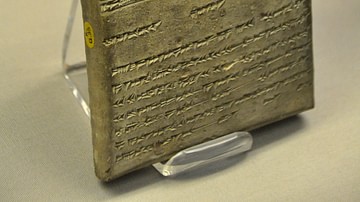
Image
Sumerian Hymn to Ishtar
This hymn to the goddess Ishtar is written in Sumerian; after every line in Sumerian, the text is translated in Akkadian. Such translations have been invaluable to modern scholars. They reflect how the Sumerian language had become difficult...
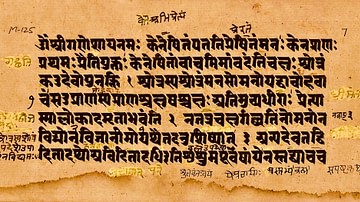
Image
Kena Upanishad
Kena Upanishad, verses 1.1–3, partially 4 (opens with salutations to Ganesha) The thick text is the Upanishad scripture, the small text in the margins and edges are an unknown scholar's notes and comments in the typical Hindu style of...
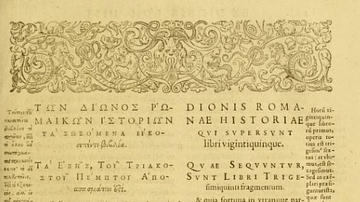
Image
Cassius Dio's Roman History
Ton Dionos tou Kassiou Romaikon historion biblia pente kai eikosi = Dionis Cassii Romanarum historiarum libri XXV
Published: Excudebat Henricus Stephanus, 1592 CE
John Adams Library at the Boston Public Library
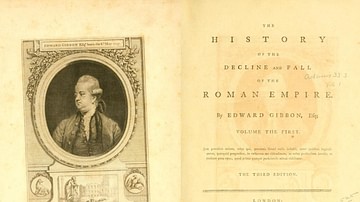
Image
Gibbon's Decline & Fall of the Roman Empire
The history of the decline and fall of the Roman Empire, Volume 1, by Gibbon, Edward, London, 1777.
John Adams Library (Boston Public Library)
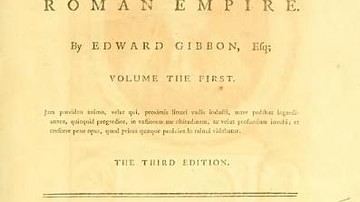
Image
Decline & Fall of the Roman Empire Title Page
The title page of an early edition of the Decline and Fall of the Roman Empire by Edward Gibbon (1737-1794), first published in 1776. (John Adams Library at the Boston Public Library)

Image
Painting the Sydney Harbour Bridge
A maintenance worker painting the Sydney Harbour Bridge in 1945, photo by Alec Iverson.
Mitchell Library, State Library of New South Wales and Courtesy ACP Magazines Ltd.
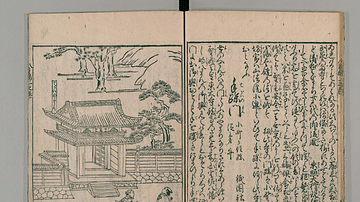
Image
The Man Who Loved Love
This is a page from the book 'The Man who Loved Love' (1684) written by Ihara Saikaku and illustrated by Hishikawa Moronbu held by the National Diet Library, Tokyo. Rare books of the National Diet Library -The 60th anniversary- (https://www.ndl.go.jp/exhibit60/...
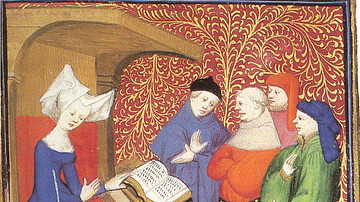
Definition
Christine de Pizan
Christine de Pizan (also given as Christine de Pisan, l. 1364 - c. 1430) was the first female professional writer of the Middle Ages and the first woman of letters in France. Her best-known works advocated for greater equality and respect...
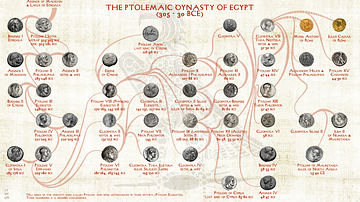
Definition
Ptolemaic Dynasty
The Ptolemaic dynasty was a Macedonian royal family that ruled Ptolemaic Egypt from 323 to 30 BCE. It was founded by Ptolemy I, a general and successor of Alexander the Great. They built Alexandria, including the Lighthouse of Alexandria...

Definition
Book of Kells
The Book of Kells (c. 800) is an illuminated manuscript of the four gospels of the Christian New Testament, currently housed at Trinity College, Dublin, Ireland. The work is the most famous of the medieval illuminated manuscripts for the...